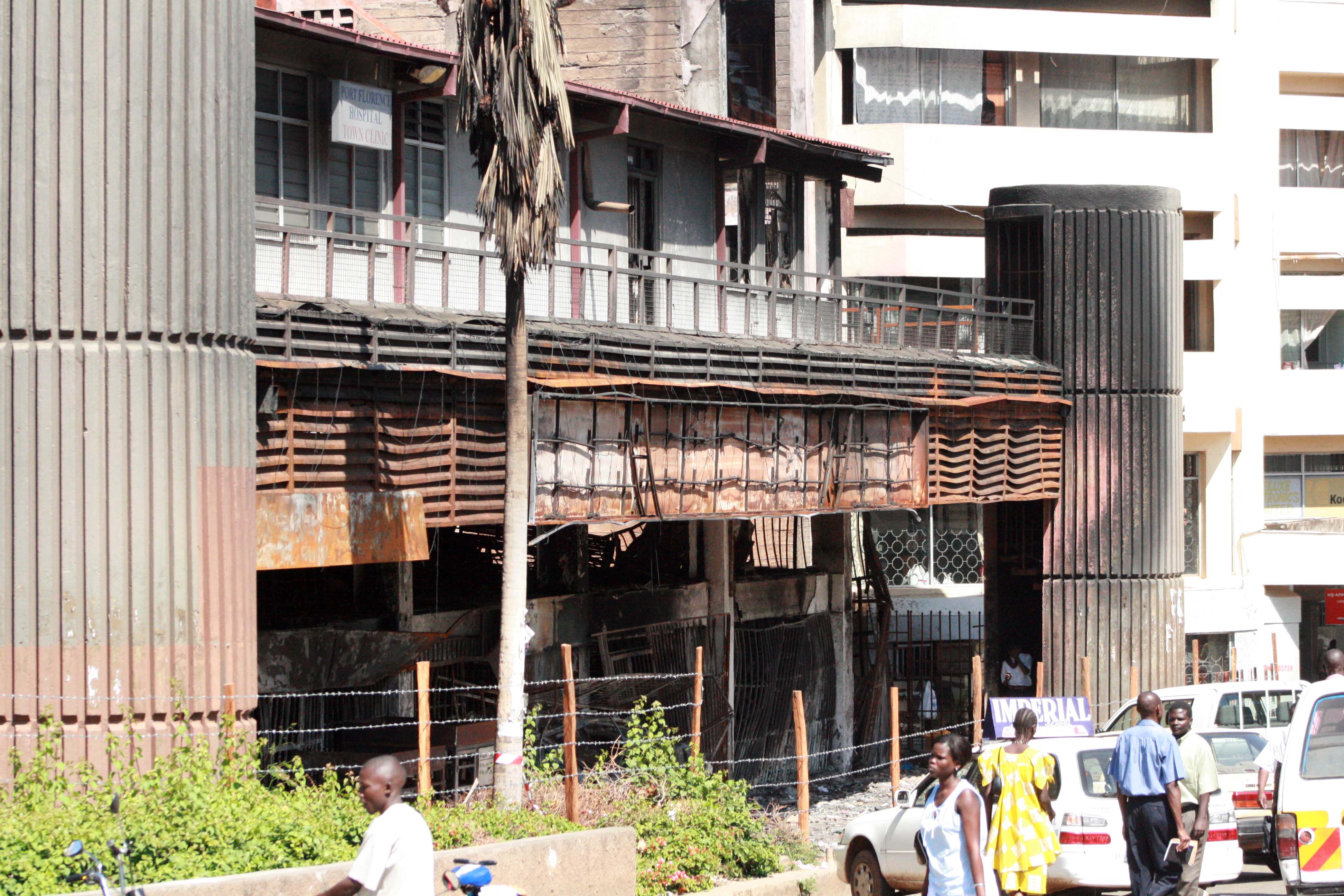Kenyan authorities should investigate and bring to justice people suspected of instigating violence following the country's disputed presidential elections in December, Human Rights Watch (HRW) said on 17 March.
"In many cases the chief architects of post-election violence were prominent and well-known individuals," stated HRW in a report entitled Ballots to Bullets: Organized Political Violence and Kenya’s Crisis of Governance.
Police spokesman Eric Kiraithe said the force was investigating "suspects from all walks of life" in connection with post-election violence.
"Anybody found to have engaged in violence will be arrested and will have his day in court," he told IRIN. "But we don't want to be speculative, we are moving very soberly."
The report accused police of opening fire on some unarmed demonstrators. The most serious cases of extrajudicial killings by the police occurred in the western city of Kisumu, a stronghold of opposition presidential candidate Raila Odinga, and the slums of Nairobi.
"While events in Kisumu present one of the clearest examples of excessive use of force by police ... police in Nairobi also shot demonstrators under circumstances that were clearly unjustified," the report stated.
It quoted a senior police commander in Kisumu as saying she had given the order to shoot because her officers had been "overwhelmed" and "things were getting out of hand".
Kiraithe said the force was investigating a few cases of excessive use of force by the police. "We can look into other cases that are brought to our attention," he added.
According to the report, statements by politicians in the run-up to the election on 27 December may have created fertile ground for violence. In Rift Valley Province, the area most affected, bloodshed and the displacement of hundreds of thousands of people was the result of incitement before the election. The violence was coordinated and well organised.
Around Eldoret town in the Rift Valley, local "mobilisers" of the opposition Orange Democratic Movement and other prominent individuals called meetings during the election campaign to urge violence if President Mwai Kibaki was re-elected. People were urged to declare "war" on members of Kibaki's Kikuyu ethnic group. "In the days that followed [the poll result], attacks were often meticulously organised by local leaders," according to the report.
"Further investigations are required to determine the extent of links between the national leadership of the opposition and ruling parties and those who carried out the violence. There is circumstantial evidence that suggests leaders may well have been at least aware of what was happening and did little to stop it. Some may have been more directly involved," the report added.
Failure by the government in the past to take action against leaders accused of instigating violence for political gain could have emboldened those responsible for the latest bloodletting, according to HRW.
Inter-ethnic animosity was also exacerbated by long-standing feelings of injustice in the allocation of land, especially in the Rift Valley, and the political mobilisation based on ethnic loyalties.
Unrest in January and February left at least 1,500 people dead and 300,000 forced into internally displaced persons' camps. Hundreds of thousands more sought refuge with neighbours, friends and relatives, according to humanitarian agencies.
Calm has returned to most of the areas affected by the violence since a political settlement between Kibaki and Odinga was signed on 28 February. The deal entails the formation of a coalition government in which Odinga will become prime minister.
The humanitarian crisis brought on by the violence, however, remains unsolved as most of those displaced, many of whom lost their homes and livelihoods, have yet to be resettled.
jn/mw
This article was produced by IRIN News while it was part of the United Nations Office for the Coordination of Humanitarian Affairs. Please send queries on copyright or liability to the UN. For more information: https://shop.un.org/rights-permissions





